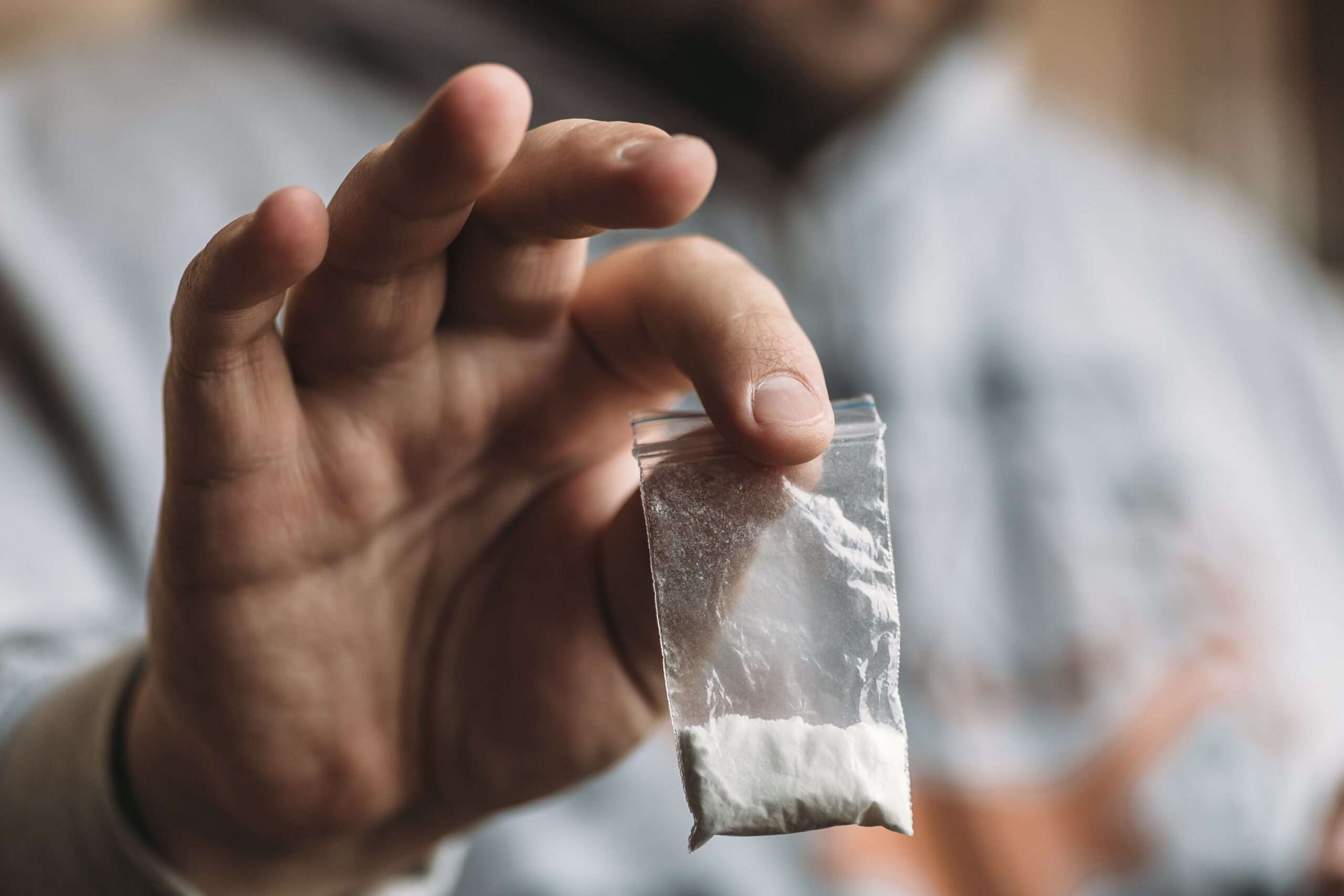People who become addicted to cocaine often share a common story: they thought they could use it recreationally and quit whenever they wanted. Instead, many find that the drug controls them and they need help getting off it. This becomes very apparent when someone experiences symptoms of cocaine overdose. Tampa Bay Recovery provides a highly effective treatment program for cocaine addiction. Our patients can complete detox and several levels of follow-up treatment in an outpatient setting. This allows them to still live at home while engaging in proven treatments that help them become sober for good.
What Are the Symptoms of a Cocaine Overdose?
When someone ingests a dangerous amount of cocaine, several things can indicate they are in trouble. Common symptoms of cocaine overdose include but are not limited to the following:
- Elevated heart rate
- High blood pressure
- High body temperature
- Chest pains
- Heart attack or other cardiac events
- Tremors
- Nausea
- Sweating
- Trouble breathing
- Vomiting
- Acting confused
- Excessive anxiety
- Paranoia
- Delirium
- Hallucinations
- Losing consciousness
What To Do If Someone Has Symptoms of a Cocaine Overdose
If a person witnesses someone else exhibiting symptoms of a cocaine overdose, it’s important to take action immediately. Contact emergency medical help such as calling 911. Tell the operator everything you know about the situation. This includes exactly what the person took, how much of it, and if they have a history of addiction. Also, identify any other substances the individual has taken, including alcohol, illegal drugs, prescription, and over-the-counter medications. Stay with the person until help arrives.
If a person suspects they have taken an overdose of cocaine and they are alone, they should immediately call 911. They can also contact someone who can come be with them while they wait for help or accompany them to the hospital. Sadly, if a person is unable to do this, they risk becoming physically compromised or passing out, which prevents them from being able to summon help.
Why Do People Become Addicted to Cocaine?
When someone becomes addicted to cocaine, many reasons can come into play. Some people begin to use it recreationally or as a way to boost their energy during college exam time or when a deadline looms at work. They feel certain they can control their intake only to find out addiction sets in, and they are unable to stop using it.
When someone uses cocaine, its effects only last a short amount of time. This causes them to keep doing more, which in turn makes their system develop a tolerance for it. After some time, the need for higher dosages taken regularly makes the person addicted to the drug. Having said that, some people start to become addicted after just doing coke a few times.
Another reason that contributes to cocaine addiction is the fact that no one can be sure exactly what is in each batch they consume. Manufacturers and dealers sometimes mix in other addictive drugs, which increases a person’s risk of becoming addicted. They may also add foreign substances like household cleaners that contribute to a medical emergency when ingested.
Genetics can also play a huge part in developing addiction. Rutgers University published a study that indicated that drug addiction may be at least partially attributable to genetics in 70% of cases.
How is Cocaine Addiction Treated?
Someone who has an addiction to cocaine is at great risk of experiencing an overdose or may have already had one. Treatment for cocaine addiction begins with going to a professional detox program. This provides medical supervision and helps reduce withdrawal symptoms. Detox programs greatly increase the chances of someone becoming sober compared to when a person tries to quit using cocaine on their own.
For those who need round-the-clock care, residential programs make the best next step. This requires the person to live in a facility for 30 days or more. Other people qualify for outpatient care, which means they can live at home and get help during the day. Many programs included in outpatient care include the same types of therapy that residential programs provide. They offer multiple types of therapy modalities that help people address their addiction and learn how to avoid relapsing. Medications can also be provided at all levels that help minimize physical and psychological withdrawal symptoms.
The different levels of outpatient care include:
- Detox
- Partial Hospitalization Program (PHP)
- Intensive Outpatient Program (IOP)
- Virtual IOP
- Outpatient Program (OP)
Get Help For Cocaine Addiction Today
Tampa Bay Recovery understands that cocaine addiction can dramatically affect the worlds of people from all walks of life. Abusing coke causes tremendous damage to people’s physical and mental health, and can lead to experiencing symptoms of a cocaine overdose. We offer a top-level detox program and several levels of outpatient care that help people get back to enjoying good health. Our experienced staff of medical and therapy experts uses their skills to teach people to understand why they developed an addiction. From there, they learn how to enjoy being sober and avoid future relapses.
Would you like to know more about how you can stop abusing cocaine and feel better about your future? Visit our admissions page now and get the information you need.







